How Unions and Environmental Groups are Finding Common Ground
Michigan Radio
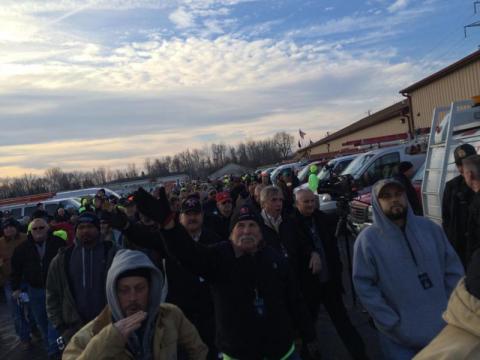
Leaders in both the environmental and labor movements say the country could prevent more public health disasters like the toxic water crisis in Flint, Michigan, if old infrastructure is fixed or replaced -- like leaky drinking water pipes, and natural gas pipelines. And at the same time, the repairs would create jobs.

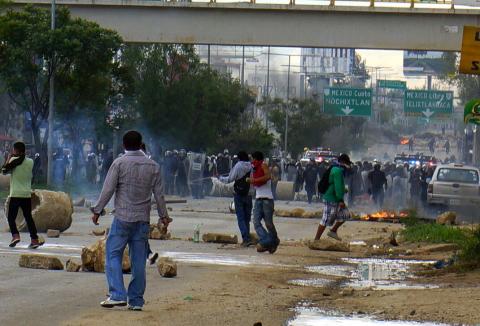
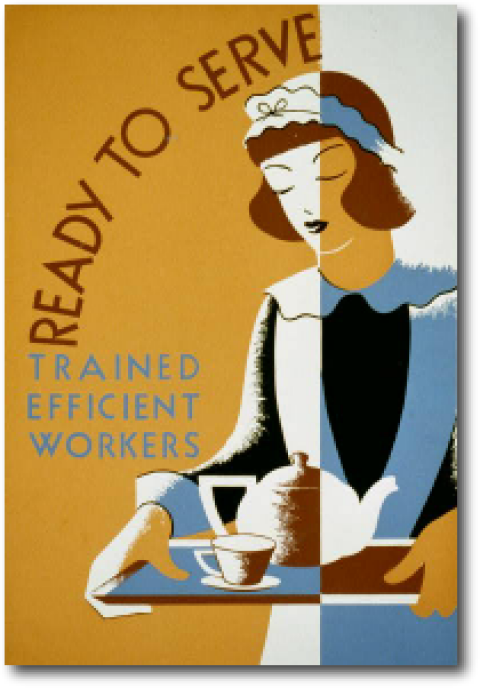
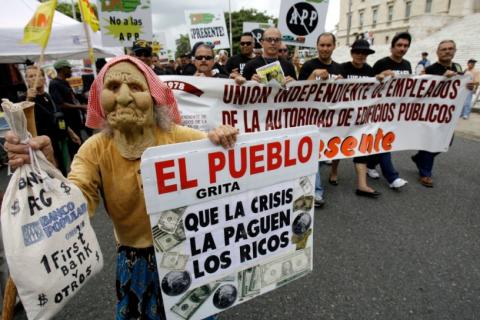
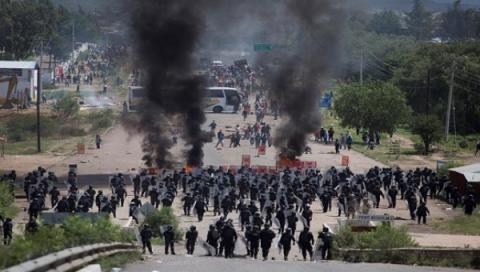
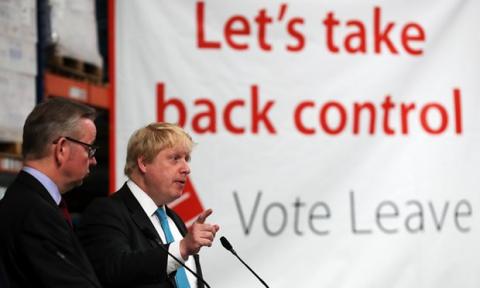
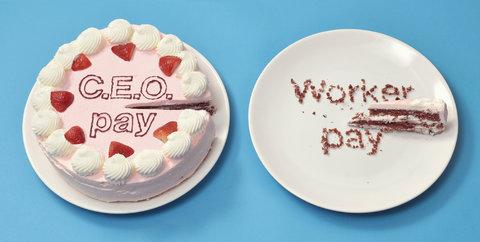
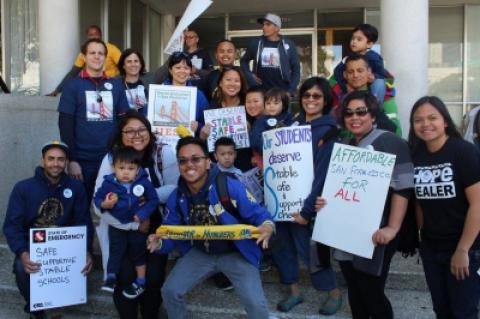

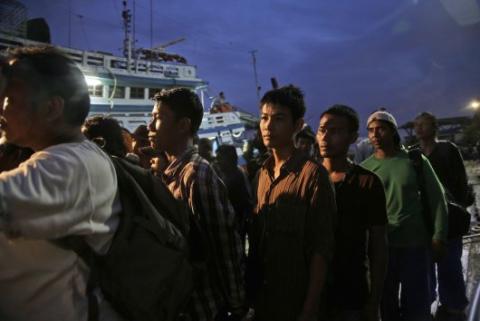
Spread the word